The New Loungehead
aka Loungehead
The New Loungehead were an important and highly influential inner-city Auckland jazz band of the 1990s. The band's members can be found on countless recording credits, and their sound was pivotal in melding the direction of much of the city's soul, hip-hop and jazz in the 2000s and beyond.
Formed as Loungehead in early 1995, this Auckland jazz outfit upgraded themselves to The New Loungehead in 1996, after some line-up changes. Guitarist Dan Sperber had been working on the debut album for Sulata on Deepgrooves, which led to New Loungehead being signed to the label.
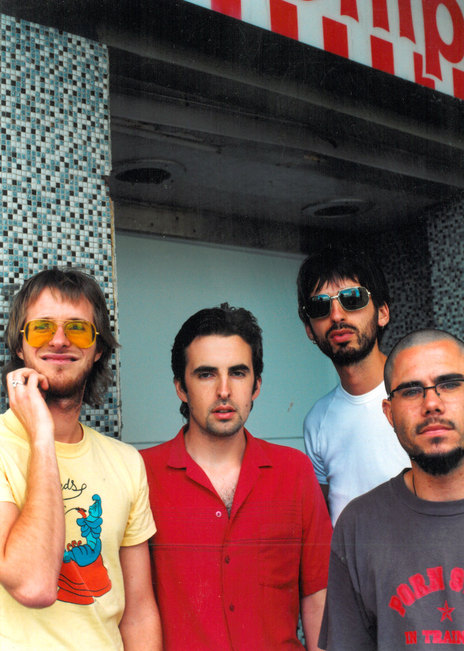
The New Loungehead - Godfrey de Grut, Nick Gaffaney, Dan Sperber, Chip Matthews
Photo credit:
Ian McRae
Casual Carnage
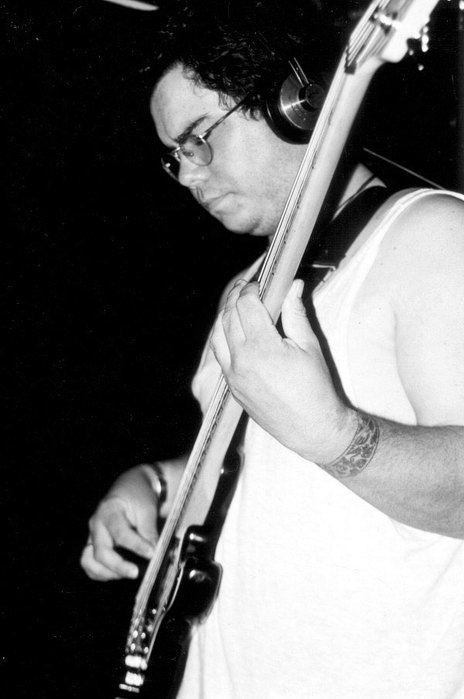
Chip Matthews
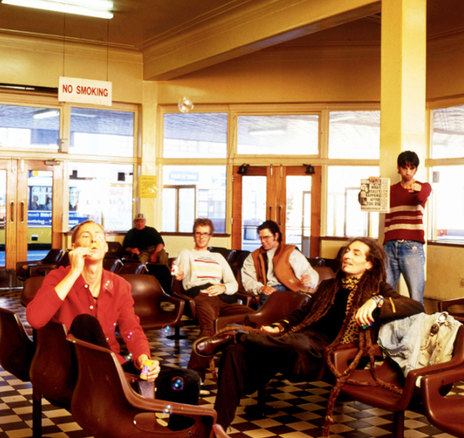
The New Loungehead
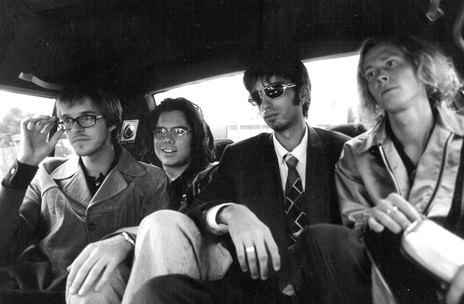
The New Loungehead
Photo credit:
Photo by Ian McRae
Cloth feat. Sulata
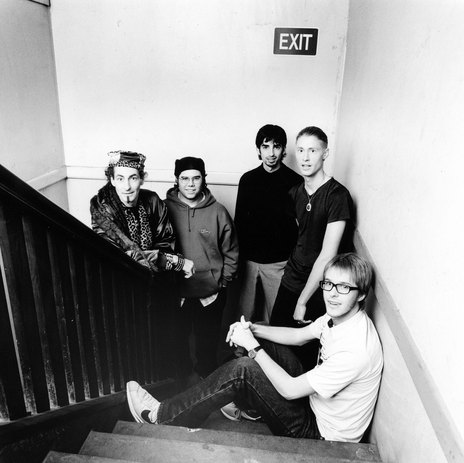
Matthias Sudholter, Chip Matthews, Dan Sperber, Isaac Levi Tucker, Godfrey de Grut
Photo credit:
Duncan Cole
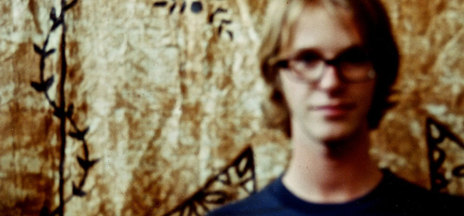
Godfrey de Grut
Photo credit:
Kane Massey Collection
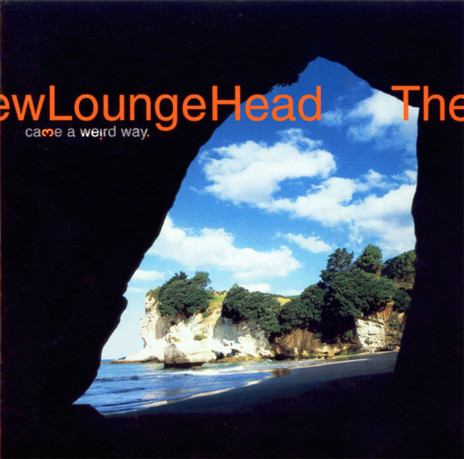
The New Loungehead - Came A Weird Way (Deep Grooves, 1997)
Members:
Godfrey de Grut - keyboards, saxophone
Chip Matthews - bass
Dan Sperber - guitar
Isaac Levi Tucker - percussion, drums
Matthias Sudholter - percussion, drums
Discography

